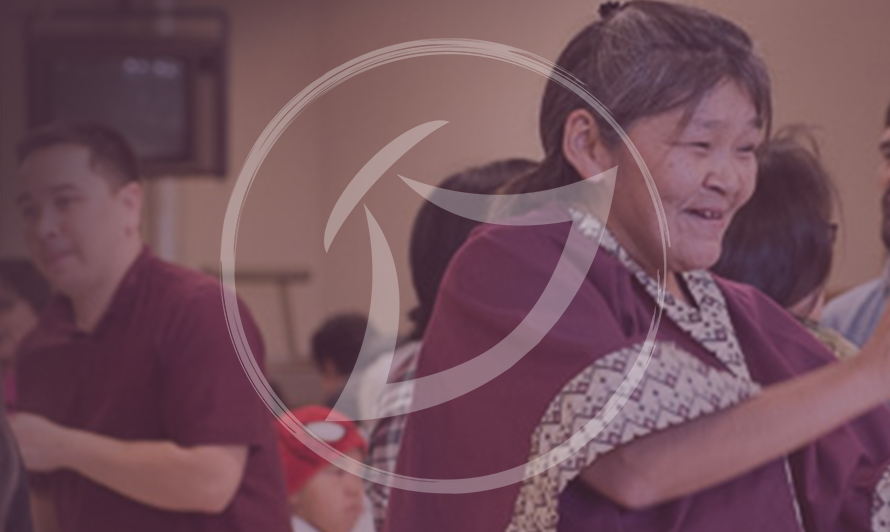Our Approach
Our work focuses on respectfully informing First Nations, Inuit, Métis and urban Indigenous communities and individuals about the negative health impacts of commercial tobacco. We use positive approaches to addressing post-colonial tobacco use and work with communities to help raise awareness of the risks of commercial tobacco and the dangers of the tobacco industries’ targeted marketing campaigns, particularly to youth. Our approach aligns with the 3 pillars of the Smoke-Free Ontario Strategy.
Prevention
- Reduce the number of First Nations, Inuit, Métis and urban Indigenous individuals who start using commercial tobacco products, specifically young members of the community.
- Create awareness of the harmful effects of commercial tobacco use.
- Use contests, conferences, workshops, activities and promotional materials to reach out to schools and spread awareness of the dangers of commercial tobacco use.
Protection
- At the direction of the communities, assist in developing smoke-free by-laws and policies that meet the needs of First Nations communities.
- Show the options available for limiting access to commercial tobacco and creating smoke-free environments.
- Help to build awareness of the harmful effects of commercial tobacco use, the dangers of second-hand and third-hand smoke, the effectiveness of smoking bans, and exposure to smoking by youth.
Cessation
- Work with organizations and agencies to promote culturally grounded First Nations, Inuit, Métis and urban Indigenous cessation programs.
- Help develop a smoking cessation plan that best reflects the needs and traditions of First Nations, Inuit, Métis and urban Indigenous people.
- Enhance First Nations, Inuit, Métis and urban Indigenous community knowledge and capacity to deliver commercial tobacco cessation information to their peoples.
- Work with partners to provide cessation training and support to community health staff and members.



